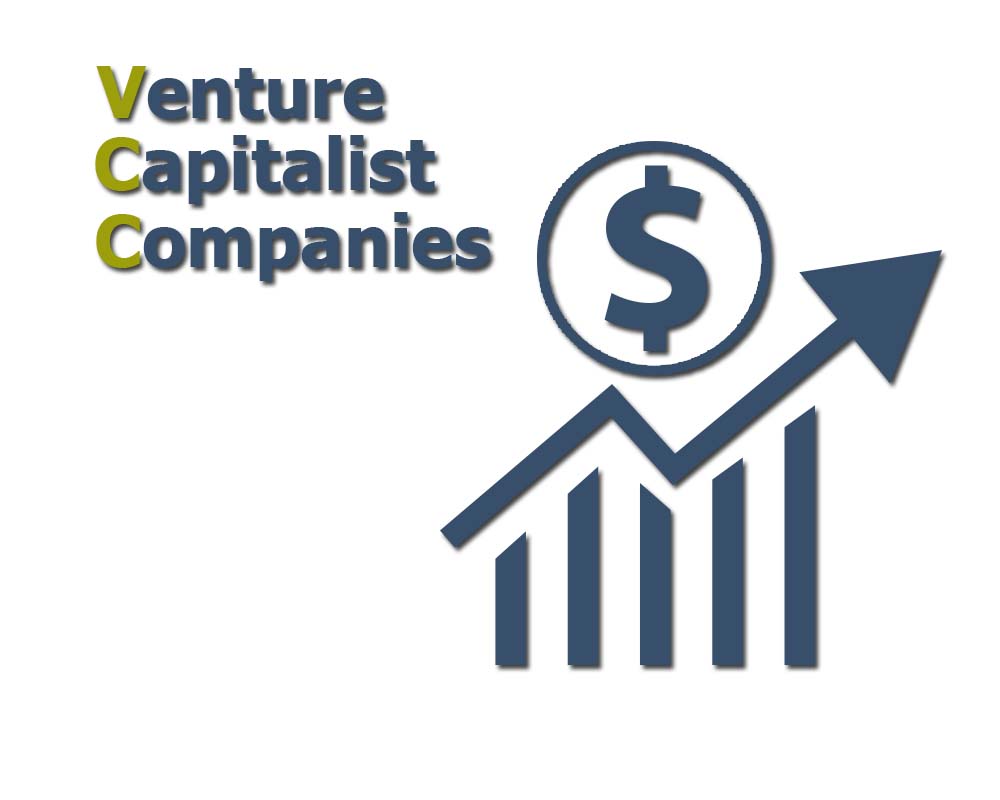It’s no secret that nowadays everyone wants to start their own startup. Some just think about it and forget, while others come up with something but never take the idea to practical implementation. However, there are talents who will come up with something revolutionary but lack the funds to bring it to life. That’s where venture capital firms come in. A venture capitalist companies are a firm that finances startups. However, it seeks to own shares of the startup company instead.
What is a Venture Capitalist Companies?
Venture capital firms are alternative investment companies. Their main activity is investing capital in startups, providing financial backing. In addition to financial support, they also offer operational and decision-making assistance. This support is particularly crucial in the early stages of a startup’s development. By investing, venture capital companies acquire a portion of the startup in the form of shares or other securities. Additionally, a venture capitalist will have control over decision-making regarding the startup’s future.
Types of VC Firms
As a rule, the strategy of a venture capitalist companies depends on its size and legal infrastructure. Smaller firms often finance startups at the early stages of their activity, while larger ones consider startups from a long-term perspective. The industries in which venture capitalists invest vary, but some sectors are common across all companies. These include technology, healthcare, energy, and education. Additionally, all venture firms share a common goal: to maximize profits and satisfy their investors.
How does a Venture Capitalist Companies Drive Innovation and Growth?
Venture capital firms play a vital role for startups. In addition to providing financing, they offer operational support and valuable knowledge and strategic advice. Without these crucial components, it would be difficult for nascent startups to unlock their potential. Venture companies elevate promising startups to a higher level. And when the right investor is found, the startup has every chance to leverage its potential and transform into a company that generates millions of dollars in profit.
On the other hand, a venture capital firm is a company that provides support in exchange for a portion of the company’s equity. In other words, they reap their benefits in the future when the startup unfolds its potential in the market. They may receive a share of the income generated by the startup, sell their portion in the company, or sell shares or stakes. Moreover, they will be involved in making strategic decisions regarding the startup’s development. And it’s important not to forget that they aim to gain much more than they invested.

How Many VC Firms are There in the US?
In the United States, there are currently more than 400 venture capital firms. They primarily invest in startups at early stages of development. Their assets amount to over $100 billion USD. Essentially, these firms are the primary source of funding for startups.
How do Venture Capitalist Companies Work?
These firms work with teams of analysts, financial experts, and specialists in the chosen field. These teams are needed to identify promising startups. After that, a cooperation agreement is signed, with legal teams from both sides working on it. Once everything is legally formalized, the investment process begins. In addition to investing, venture companies may also provide valuable development advice. If successful, investors will earn significant amounts of money, and startups will evolve into successful companies.
How do Venture Capitalist Firms Make Money?
The revenue of venture companies depends on the success of the startups in which they have invested. After the startup reaches a certain level, the venture capitalist firms sell its stake or securities of the former startup, thus earning money. Therefore, it is extremely important to find genuinely promising inventors.
Who are the Biggest Venture Capitalist Companies in the world?
The most famous and largest venture capital firms include Sequoia Capital, Andreessen Horowitz, SoftBank Investment Advisers, and Accel. Their assets are measured in billions of US dollars. They primarily invest in early-stage startups. Additionally, among the largest venture capital firms are Benchmark Capital, Kleiner Perkins Caufield & Byers, GV (formerly Google Ventures), Index Ventures, Union Square Ventures, and SV Angel.
What Types of Companies Do Venture Capitalists Invest In?
Venture capitalist firms invest in startups that are in their early stages of development. The most significant investments are received by startups operating in the technology, energy, healthcare, and education sectors.
How Much Equity Do Venture Capitalist Companies Take?
Venture companies, when investing in startups, typically acquire a portion of their equity. Typically, this share ranges from 10 to 20 percent. However, its size depends on various factors such as prospects, stage of development, business valuation, and others. Additionally, these companies sometimes seek to obtain a seat on the board of directors, other rights, as well as certain privileges, dividends, etc.
How do you start a VC firm?
Opening a venture capitalist firm is a process that requires a lot of effort, time, and resources. Additionally, expertise and knowledge in the relevant industry are necessary, as well as an extensive investor base. High-level legal knowledge in investment is also required. One of the most important aspects is risk management strategy.
Do VC Companies Invest in Established Companies?
Venture capitalist firms invest in startups, typically preferring those in their early stages of development. They also understand that the team may lack experience and knowledge in starting and running a business. However, they are more interested in the potential of the idea.
Do Venture Capitalist Companies Only Invest in Tech?
Venture capital firms most commonly invest in technology, but they also invest in other sectors. They are primarily interested in the potential of inventions and generating returns on investment in the future.
Pingback: Alternative Investment Funds (AIFs) - Stock 'n bulls
Pingback: Venture Capital: How does it Work? - Stock 'n Investments